‘We are a bit reluctant to work with the Chinese market at the moment’, during my many visits to overseas wine regions I always hear such complaints from producers. ‘Importers from your country usually just turn up, buy a pallet or a container of wines, and you never hear from them again’, they say.
If I heard these comments a few years ago I would have said, ‘is that right? What are these importers doing, they’re not loyal customers at all’.
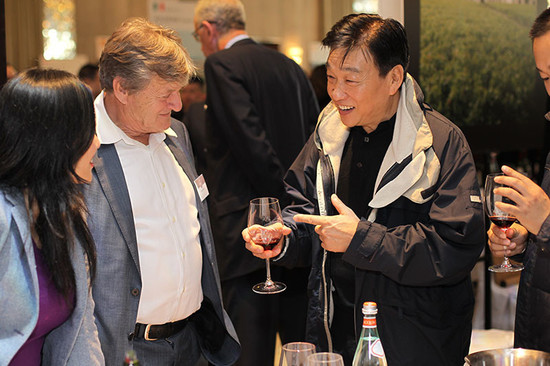
But now I would ask instead, ‘did you find out whether they have sold these wines or not? Did you do anything to help them?’. The answers from the producers are usually ‘no’.
Let’s think about this: the importers spent some serious money to buy your wines, but they never come back—something must be going wrong. Possibly they couldn’t sell them, or they didn’t earn much money by selling them, or they found something better. Did you ask? Did you try to understand and help, or make things change for them?
I’m not a nationalist, but I’d like to say that Chinese people do value emotional connections when doing business with you. We’re generally not very good at admitting problems, especially not to our foreign friends, and we always swallow the bitter pills ourselves.
What I do know, however, is that the Chinese are very serious about their money.
If we’ve ever spent money on something, that means we’re serious about it. If an importer couldn’t make a sale, they must have encountered problems they can’t solve themselves. If you cherish such a client, you should stretch out your hands to help them.
I don’t know the Chinese market very much and I don’t speak Chinese, you may ask, how on earth can I help them?
Indeed you can’t help them to directly sell the products, but you can deliver two strong messages that would help them to do so.
A: Convey your confidence about your wine
The confidence should come from both the quality and the price. The most common way for the wineries to show their confidence today is by displaying all their awards and scores. I regret to tell you but in China, awards (except for the few well-known ones) and scores are getting less attractive to consumers. Why? Because too many producers are using them.
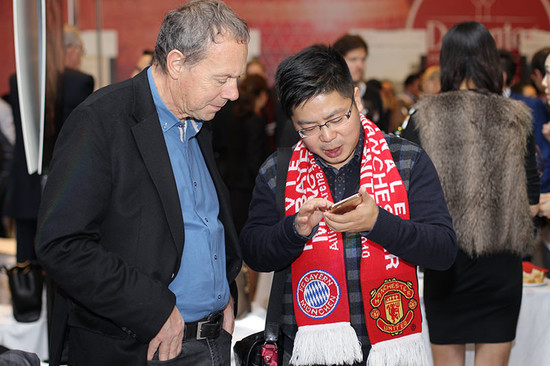
Also from a cultural point of view, a foreign wine praised by a foreign expert seems less and less convincing to consumers nowadays.
Can you, or are you confident enough to, use the most straight-forward way to impress your Chinese importers? Are you willing to organise a blind tasting, and pit your wines against your direct competitors at the same price point, and ask your importers to make their choice? Are you willing to personally show your importers around in your vineyards and wineries, and be honest about the challenges you’re facing? Be it threatening fungal diseases, insufficient equipment, or lack of winemaking experience—will you tell them how you are tackling these difficulties?
Choosing to face the competition makes it easier for them discover your specialties, admitting the disadvantages means you can still improve. I believe there is no better way to display your confidence.
B. Defining a brand tone
You need to help your importers to build the core of your brand—in other words, to extract the most unique and valuable key points from everything surrounding your winemaking operation.
Here’s a question: Can you use three key words to describe your brand?
First you need three words that make the consumers to feel something: Fashion, youth, craziness, art, nature, purity... Step two—how can you prove them?
If you say this is a wine about ‘youth’, is it because your winemaker is super young? Or you intentionally used fruits from young vines? Is the package design very youthful, or did you pick ‘Youth’ as the very name of the wine? Why not brand it as ‘a wine only for young adults under 25’?
If you associate your wine with ‘craziness’, is it because you have a slightly crazy-looking winemaker? Are you using a fairly crazy method (for example extraction by heat), or a variety banned by the local AOC to make wines? Is it a wine needs to be drunk in a crazy way (‘add some soy souse to enrich the flavour’)? Or is it something you drink to celebrate after a crazy accomplishment?
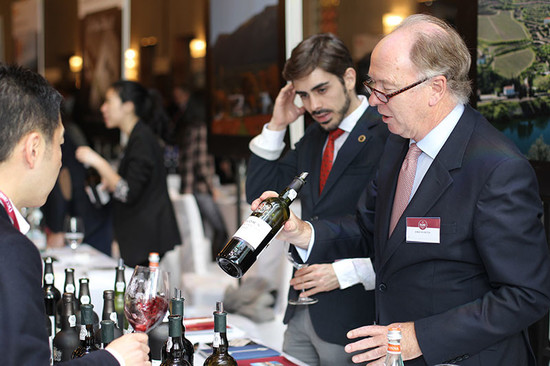
The brand is the key
The brand is the key in China, and only when you explore the possibilities with your importers can you maximise its potential. I’m sure you would agree with me that you are the maker of the wines and you’re responsible—just like raising a child.
I know it’s always easier said than done. But my point is—if you want to explore the Chinese market, your importers need your help.
China is a market never lacks passion and cash, but we are short of experienced and skilful importers. You can wait for them to learn themselves, or work with them and grow with them. I believe the latter will bring you more in return. Maybe the Chinese are not always loyal customers, but we are usually loyal partners.
I know—many people would disagree with me. ‘I make good wines and provide great product,’ an elderly owner of a French chateau once disputed, ‘isn’t that enough? Shouldn’t the importers worry about sales and brand promotion?’.
I’m afraid that’s just not enough for today’s Chinese market. Wines are not Coca Cola—they are not yet accepted by the mass population here. Wouldn’t you agree that the most important ‘sales person’ for Apple was Stephen Jobs?
At the end of the day it is down to you, the brand owner, who’s responsible to manifest a great product.
Translated by Sylvia Wu / 吴嘉溦
All rights reserved by Future plc. No part of this publication may be reproduced, distributed or transmitted in any form or by any means without the prior written permission of Decanter.
Only Official Media Partners (see About us) of DecanterChina.com may republish part of the content from the site without prior permission under strict Terms & Conditions. Contact china@decanter.com to learn about how to become an Official Media Partner of DecanterChina.com.


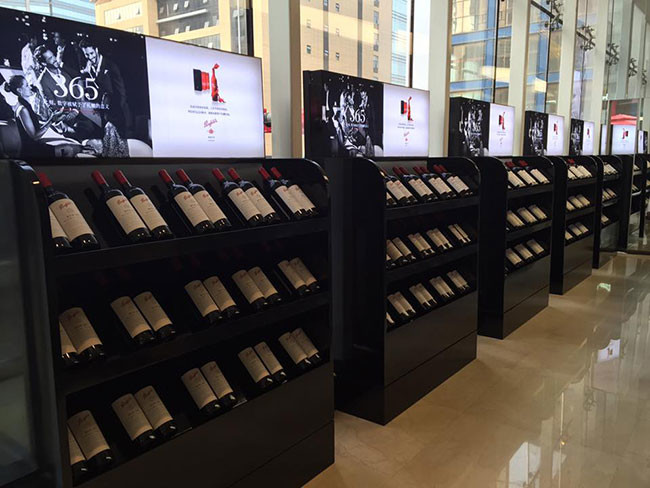
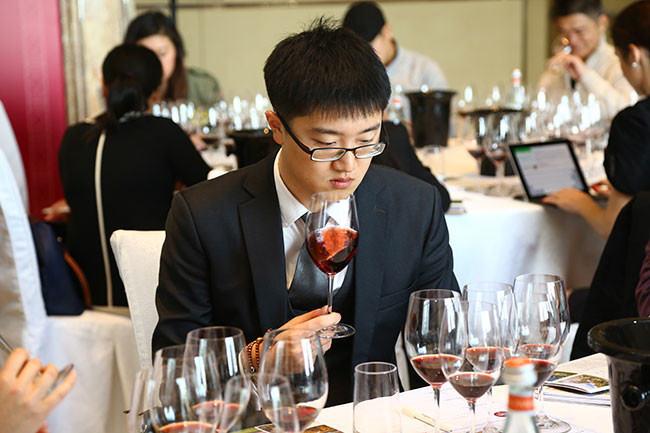

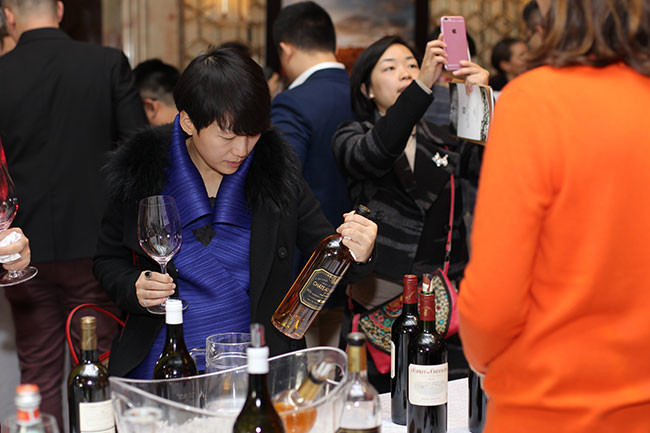
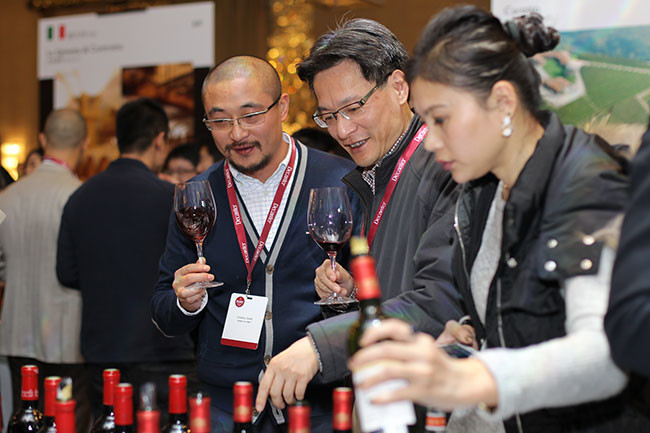

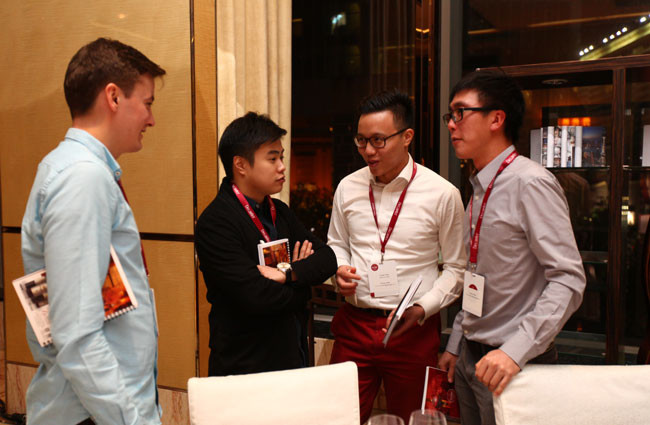
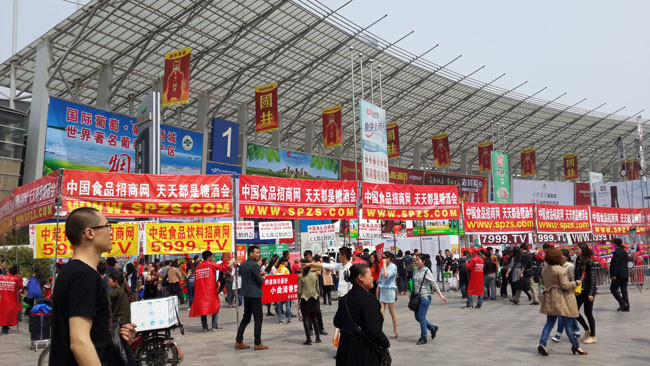
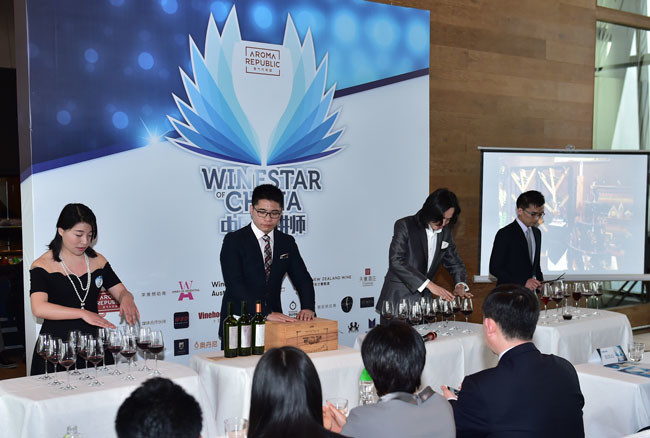
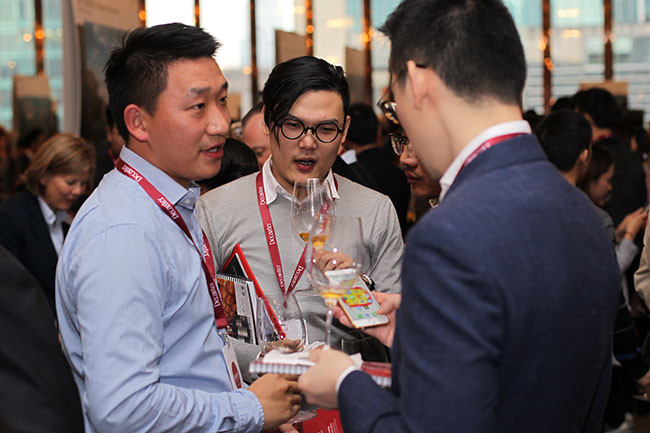
Comments
Submit